The Church needs the witness of martyrs, of “consistent” Christians who “live their life in earnest”. In his reflection during Mass at Santa Marta on Thursday morning, 7 April, Pope Francis pondered the vital lymph of the Church, the “living blood” which carries her forth day by day: testimony.
The meditation was inspired by the liturgy of the day, specifically from the first reading, taken from the Acts of the Apostles (5:27-33), which presents “a passage from this long narrative” that began when John and Peter healed “the lame man who was at the beautiful door of the temple”. Everyone, the Pontiff recalled, “saw this healing”, and no one could deny that it was exceptional, because “everyone knew this 40-year-old man”. Yet the leaders, the priests, were angry and forbade the Apostles “to teach, to preach in Jesus’ name”. Moreover, they never used Jesus’ name, but instead said: “this man”. They stated: “you have filled Jerusalem with your teaching and you intend to bring this man’s blood upon us”. They were challenged by a reality that “was facing everyone. Everyone knew the lame man for many years and now, they see him dancing for joy, praising God, because he has been healed”.
Peter stood before them, “strong in his testimony”. The Pope then recalled, by contrast, the different attitude Peter took when he had denied Christ: “let us think about the cowardly Peter”, Francis said, on “the night of Holy Thursday, when, filled with fear, he denied the Lord three times”. On the contrary, in this circumstance the Apostle affirms: “We must obey God rather than men. The God of our fathers raised Jesus whom you killed by hanging him on a tree. God exalted him at his right hand as Leader and Savior,… and we are witnesses to these things, and so is the Holy Spirit whom God has given to those who obey him”. We have to say: “How courageous!”. Francis then remarked: “This Peter has nothing to with Thursday’s Peter, nothing!”. This Peter is “a Peter full of strength, who testifies”.
But that courageous testimony has consequences: “At hearing these things they — the leaders, the high priests — become angry and want to put him to death”. After all, the Pope explained, “Christian testimony” follows “the same path as Jesus: giving one’s life. In one way or another, life is played out in true testimony”.
At this point the Pontiff delved into the concept of testimony, beginning with a question: “Why had Peter become so strong in his testimony?”. After healing the lame man, the Apostle said: “We cannot but speak of what we have seen and heard”. In other words, Francis explained, “consistency between life and what we have seen and heard, is precisely where testimony begins”. But, he added, Christian testimony has another feature: “it is not only about who gives it: Christian testimony is always done in pairs”. St Peter explains this: “we are witnesses to these things, and so is the Holy Spirit”. Thus, “without the Holy Spirit there is no Christian testimony. Because Christian testimony, Christian life, is a grace that the Lord gives us with the Holy Spirit” and “without the Spirit we cannot bear witness”. Consistency is a fundamental characteristic: “a witness is one who is consistent with what he says, what he does and what he has received, that is, the Holy Spirit”.
One such understanding also comes from the Gospel (Jn 3:31-36). In this regard the Pope recalled the passage in which Jesus speaks to a disciple who came to him by night. Jesus states that the one who is sent by God “speaks the words of God. He does not ration his gift of the Spirit”. Likewise, “the one who comes from heaven… testifies to what he has seen and heard”. This is, after all, the very testimony of Jesus: “He testifies to what he has seen and heard with the Spirit whom he gives to his disciples”. This, the Pope explained, “is Christian courage, this is testimony”.
This testimony, the Pope said, is what we find in “our martyrs today, so many forced from their land, displaced, slaughtered, persecuted”. They “have the courage to profess Jesus right up to the moment of death”. But it is also the testimony “of those Christians who live their life in earnest and say: ‘I cannot do this, I cannot do harm to another; I cannot cheat; I cannot live life halfway; I must give my testimony’”. It all boils down to a single concept: testimony is saying what in faith “is seen and heard, namely, the Risen Jesus”, with the gift of the Holy Spirit.
So often, Francis added, “in difficult times throughout history” it has been said: “Today the country needs heroes”. Similarly we can ask: “What does the Church need today?”. The answer is: “witnesses, martyrs”, those “everyday saints”, those who “live ordinary life with consistency”, but also those who have the courage to be “witnesses to the very end, to death”. They are all “the living blood of the Church”. They are, the Pope continued, “the ones who bring the Church forward, witnesses; those who testify that Jesus is risen, that Jesus lives, and they testify with consistency in life and with the gift of the Holy Spirit”.
In conclusion the Pontiff prayed “that the Lord give us, all of us, this courage and above all faithfulness to the Holy Spirit whom he has given to us”.


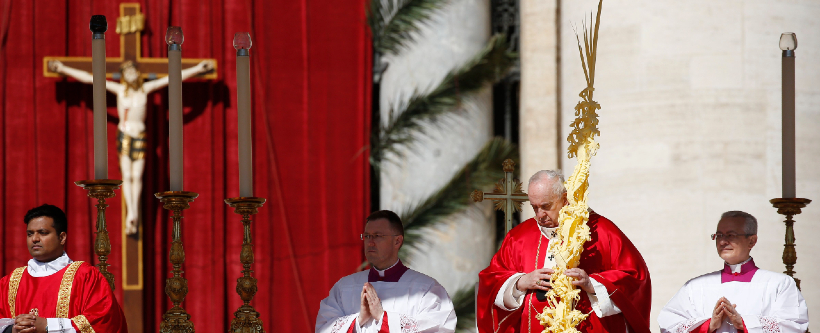
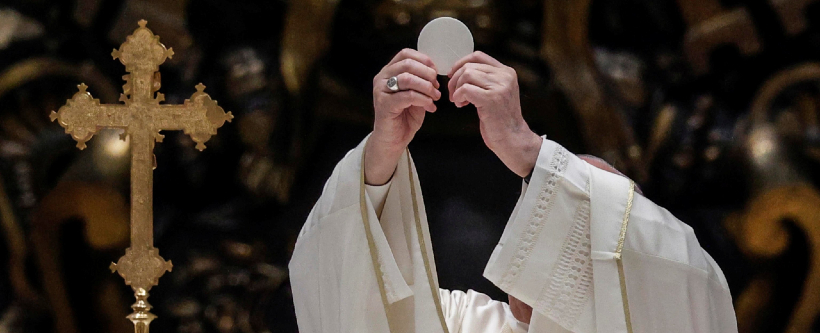
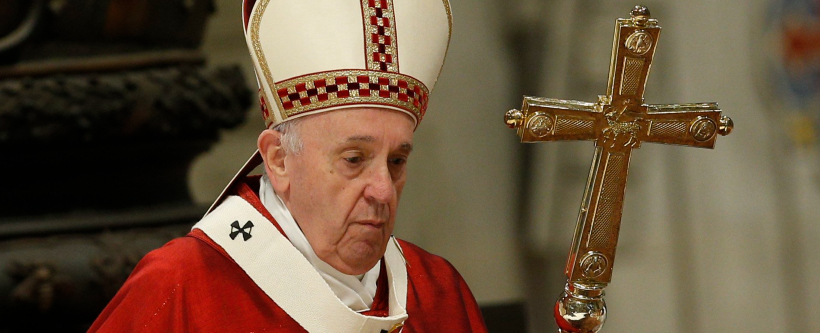
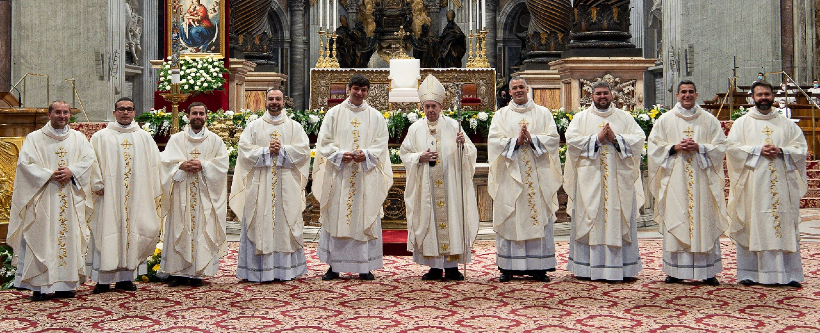
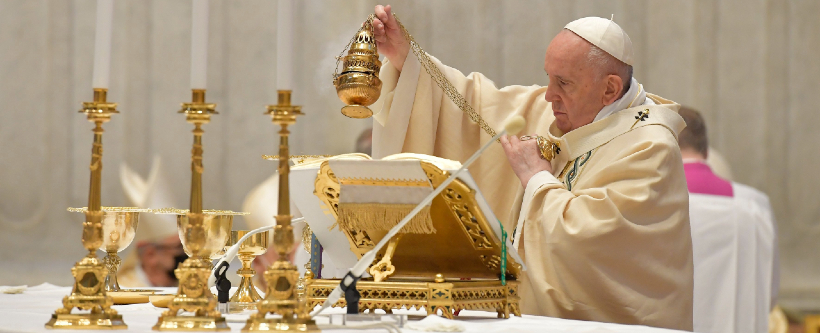
Facebook Comments